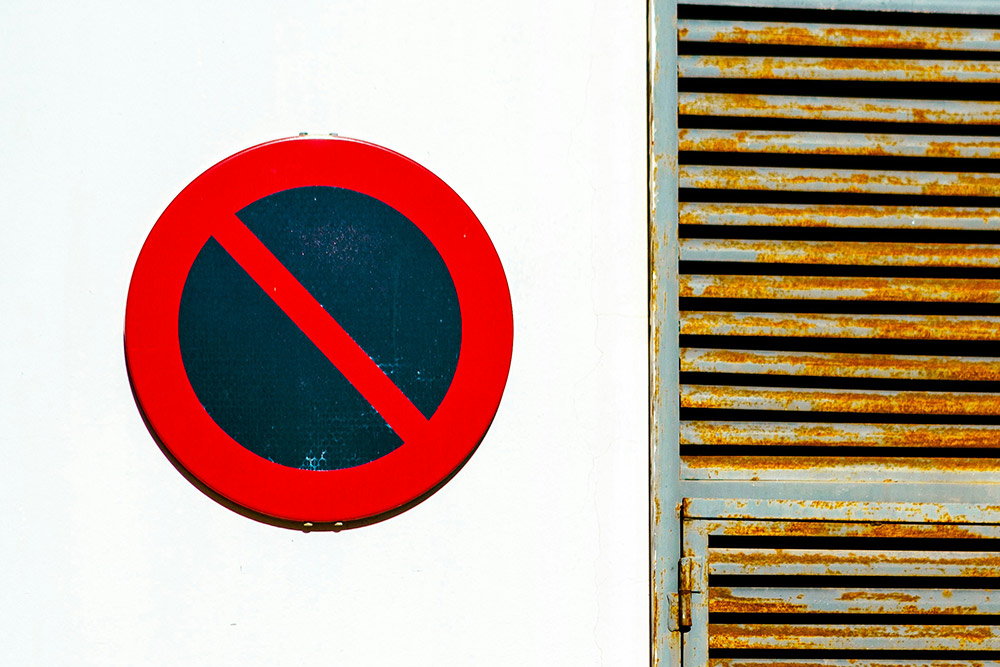
Under the Protection from Harassment Act (POHA), debt collectors in Singapore are strictly prohibited from using abusive, threatening, or offensive language. They are also banned from sending messages that cause alarm or distress, whether in the form of calls, texts, or letters. Stalking or persistently following the debtor and making threats of violence or damage are also illegal. Violating these provisions can result in serious penalties, including fines of up to $5,000 and/or 12 months in jail.
Debt collectors are also not permitted to use force or intimidation to recover debts. This includes showing up in groups to intimidate the debtor, banging on doors, shouting, or refusing to leave when asked. Additionally, damaging or threatening to damage property crosses into criminal intimidation, a police offence under Singapore’s law.
Collectors cannot impersonate government officers or legal authorities. This means they are prohibited from pretending to be police officers, lawyers, court officials, or any other public servant. Some unethical agencies may even wear uniforms or flash “official” looking badges—this is completely illegal in Singapore.
Publicly shaming a debtor is also strictly forbidden. Debt collectors cannot publish the debtor’s name or photo online or in any public place, nor can they disclose information to family, friends, or coworkers without the debtor’s consent. Leaving debt notices at workplaces or HDB gates is another violation. Such actions may be considered defamation or unauthorized disclosure, which falls under the POHA and Personal Data Protection Act (PDPA).
Trespassing on private property is another illegal practice. Debt collectors cannot enter a debtor’s home or office without permission, nor can they force their way into buildings or remain on premises if asked to leave. This is classified as criminal trespass under the Penal Code and can result in criminal charges.
Finally, debt collectors cannot confiscate property. Only the courts have the legal authority to seize goods or assets through a writ of seizure and sale. Any collector threatening to tow a car or seize furniture is crossing the line and should be reported immediately.
While debt collectors must operate within the bounds of the law, there are several actions they can take to recover debts effectively. They can send written reminders, make phone calls, or visit the debtor to request payment. If these attempts are unsuccessful, they can issue a Letter of Demand, sometimes through a lawyer, to formalize the request for payment and signal the seriousness of the matter. Additionally, debt collectors have the right to report non-payment to credit bureaus, though this action is subject to certain conditions and regulations regarding consent and privacy. If the debt remains unpaid, they can also suggest mediation as a means to resolve the issue or, if necessary, pursue legal action to recover the funds.
Over here at Assured Debt Recovery, we are dedicated to offering customized and effective solutions. With a strong focus on ethical practices and legal compliance, we aim to be the best licensed debt collector in Singapore, committed to providing reliable and sucessful debt recovery services.
Contact us here to find out more!